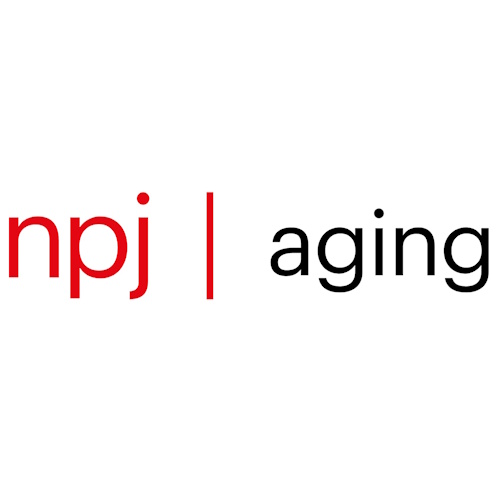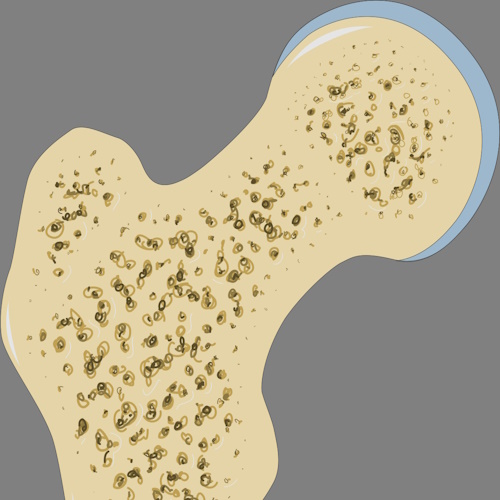Key points from article :
Long-term supplementation with nicotinamide riboside (NR) in mice, starting from mid-life, slows osteoporosis.
Bones lose mass and become brittle, eventually becoming a serious health issue.
Age-associated decrease in NAD+ attenuates bone formation.
Administration of NMN to 12-month-old mice for only 3 months was not sufficient to alter bone mass.
Protein levels of Nampt in osteoblastic cells from old mice were lower.
NR administration increases osteoprogenitor number and mineralizing surface in aging mice.
In muscle and intestine, progenitor cells are critical targets of the anti-aging effects of NR.
Cellular senescence re-enforces the decline in NAD+.
NR decreases markers of senescence in osteoblast progenitors, in brain and skin of aged mice.
Repletion of NAD+ with precursors such as NR, may represent a therapeutic approach to age-associated osteoporosis.
Research by UAMS published in the journal npj Aging and Mechanisms of Disease.





